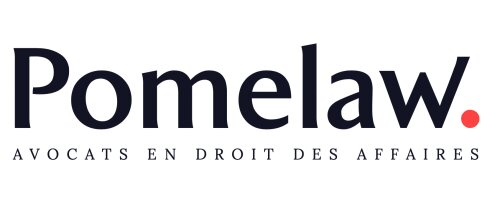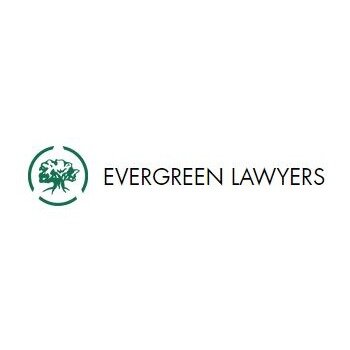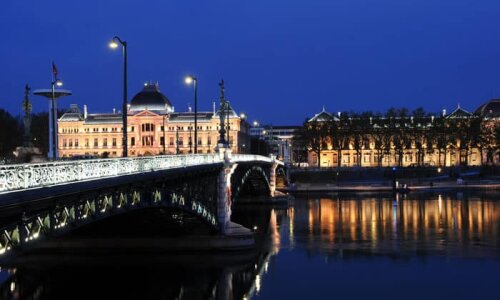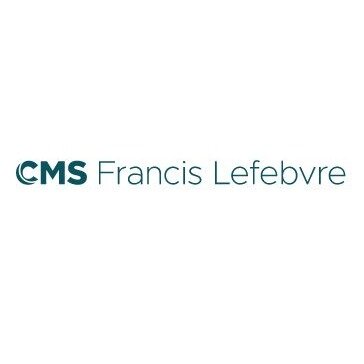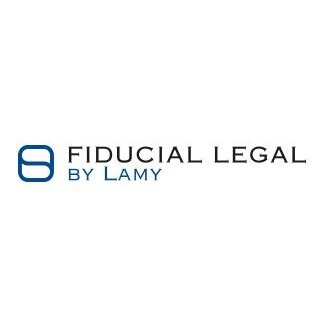Best Energy Regulatory Law Lawyers in Lyon
Share your needs with us, get contacted by law firms.
Free. Takes 2 min.
List of the best lawyers in Lyon, France
About Energy Regulatory Law in Lyon, France
Energy Regulatory Law in Lyon, France, covers the regulation, oversight, and legal frameworks governing the production, distribution, sale, and consumption of energy, including electricity, gas, and renewable sources. The sector is heavily influenced by both French national law and European Union directives, ensuring access to reliable energy while promoting environmental protection and fair competition. Due to growing interests in renewable energy and initiatives to reduce carbon emissions, Lyon has become a significant focal point for energy policy and regulatory development in France.
Why You May Need a Lawyer
Navigating Energy Regulatory Law can be complex due to frequent changes in regulations and the technical nature of the sector. You may need a lawyer if you are:
- Starting or operating a business in the energy sector, including renewable energy projects
- Facing disputes with utility companies or network operators
- Need help obtaining licenses or permits for energy projects
- Dealing with regulatory compliance and inspections
- Participating in or affected by new energy infrastructure developments
- Seeking to understand tariffs, taxes, and other financial obligations
- Challenging administrative decisions or sanctions from regulatory bodies
- Entering into energy contracts or Power Purchase Agreements
In all these situations, a lawyer can provide guidance, represent your interests, and help you avoid costly mistakes.
Local Laws Overview
Lyon, as part of France, is subject to national and EU energy regulations. The principal local authority is the Commission de Régulation de l'Energie (CRE), which oversees market operations, network access, and consumer protection. Key aspects include:
- Energy market liberalization allowing multiple providers and consumer choice
- Strict rules for grid access and third-party usage
- Regulations relating to the integration of renewable energy (solar, wind, hydroelectric) into the grid
- Tariff setting and methodologies for grid usage fees
- Environmental impact assessments for energy projects
- Mandatory energy efficiency and greenhouse gas reduction targets for producers and large consumers
- Special focus on consumer rights, data privacy, and dispute resolution mechanisms
Lyon's strategic location and local policies also foster innovation in urban energy management, making it important for stakeholders to stay informed about city-specific initiatives and pilot projects.
Frequently Asked Questions
What types of energy projects require regulatory approval in Lyon?
Most large-scale electricity and gas projects, renewable installations above certain thresholds, and projects with significant environmental impact require regulatory approval before commencement.
Who enforces energy regulations in Lyon?
At the national level, CRE is the main regulatory body, while local authorities and prefectures also play roles in enforcement and oversight within Lyon.
Do I need a permit for a residential solar installation?
In many cases, small solar installations are subject to simplified procedures, but larger systems or installations on protected buildings may require specific permits and grid connection agreements.
How are energy tariffs set in Lyon?
Tariffs are either set by regulated operators under CRE oversight or determined by the market in cases where liberalization allows free pricing. Administrative guidelines ensure fair pricing for consumers and businesses.
Can I choose my energy supplier in Lyon?
Yes, since market liberalization, consumers and businesses in Lyon can select from various licensed suppliers for electricity and gas.
What are the penalties for non-compliance with energy regulations?
Penalties can include fines, suspension of operations, revocation of licenses, and requirements to take corrective action.
Are there incentives for renewable energy investments in Lyon?
Depending on the project, there may be national or local subsidies, feed-in tariffs, or tax advantages for renewable energy investments.
How does Lyon handle energy efficiency requirements?
Commercial and large residential properties must often meet stringent energy efficiency standards, documented through audits and ongoing compliance checks.
What should I do if I have a dispute with my energy supplier?
First, attempt to resolve the issue directly with your supplier. If that fails, there are official mediation procedures, and legal recourse if necessary.
How can a lawyer help with energy contract negotiations?
A lawyer ensures contracts comply with current law, protects your interests in negotiations, and can clarify complex technical or financial clauses.
Additional Resources
- Commission de Régulation de l'Energie (CRE) - France’s national energy regulatory body
- Ministère de la Transition Écologique - Responsible for energy and climate policy
- Préfecture du Rhône - Local administrative body for certain permits and enforcement
- Chamber of Commerce and Industry of Lyon - Provides guidance for businesses in regulatory matters
- Ademe (Agence de la transition écologique) - Offers expertise on energy efficiency and sustainability
- Local specialized law firms with expertise in energy law
Next Steps
If you need legal assistance in Energy Regulatory Law in Lyon, start by identifying the nature of your issue, whether it involves compliance, licensing, project development, disputes, or contract negotiation. Gather all relevant documents and keep a record of communications with authorities or suppliers. Consider reaching out to a lawyer specializing in energy law who is familiar with both national and local regulations. Many firms offer initial consultations to assess your situation. Make use of the resources listed above to further understand your obligations and potential options. Prompt legal guidance can help you avoid delays and ensure your interests are protected in this dynamic area of law.
Lawzana helps you find the best lawyers and law firms in Lyon through a curated and pre-screened list of qualified legal professionals. Our platform offers rankings and detailed profiles of attorneys and law firms, allowing you to compare based on practice areas, including Energy Regulatory Law, experience, and client feedback.
Each profile includes a description of the firm's areas of practice, client reviews, team members and partners, year of establishment, spoken languages, office locations, contact information, social media presence, and any published articles or resources. Most firms on our platform speak English and are experienced in both local and international legal matters.
Get a quote from top-rated law firms in Lyon, France — quickly, securely, and without unnecessary hassle.
Disclaimer:
The information provided on this page is for general informational purposes only and does not constitute legal advice. While we strive to ensure the accuracy and relevance of the content, legal information may change over time, and interpretations of the law can vary. You should always consult with a qualified legal professional for advice specific to your situation.
We disclaim all liability for actions taken or not taken based on the content of this page. If you believe any information is incorrect or outdated, please contact us, and we will review and update it where appropriate.





